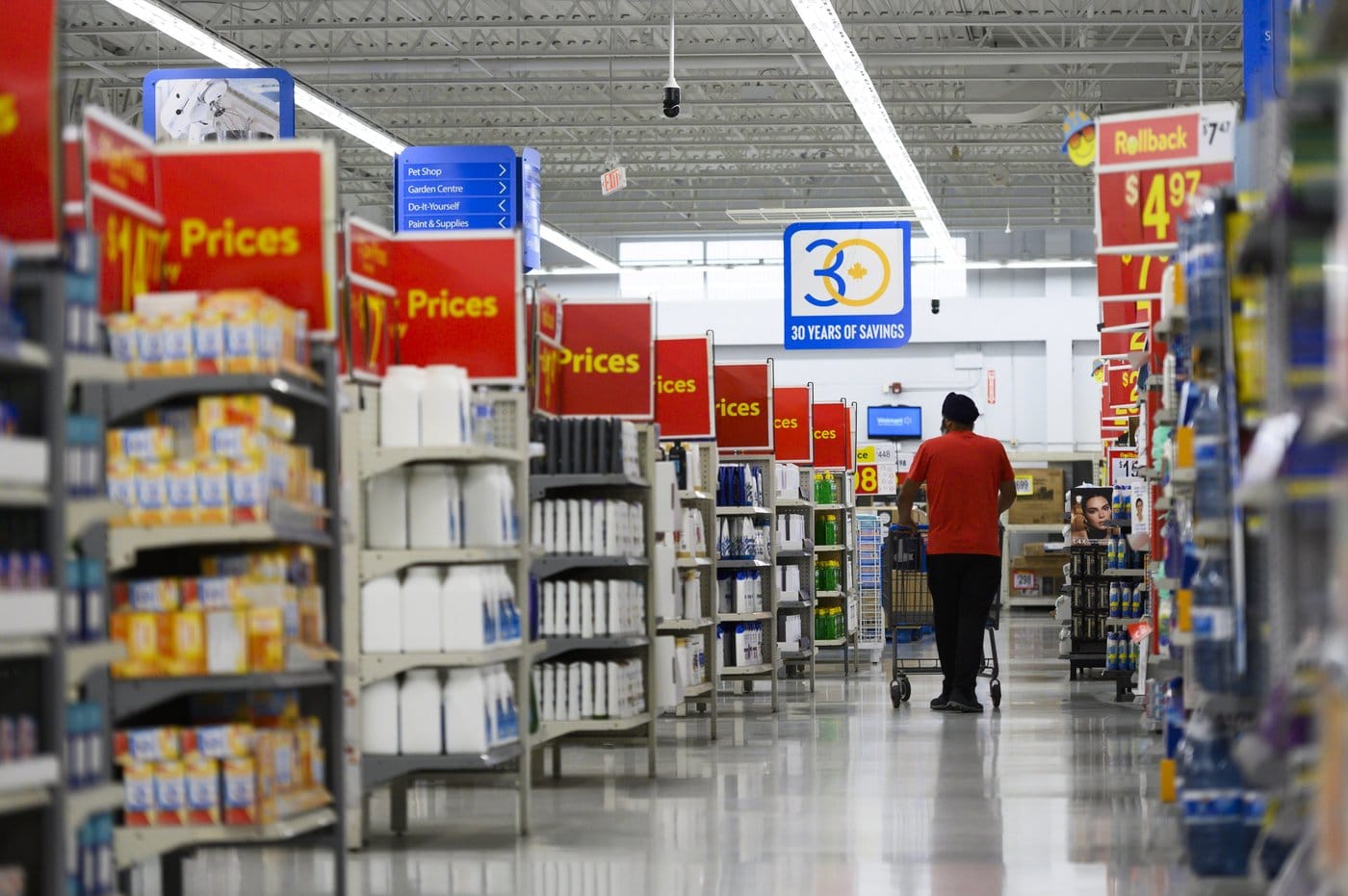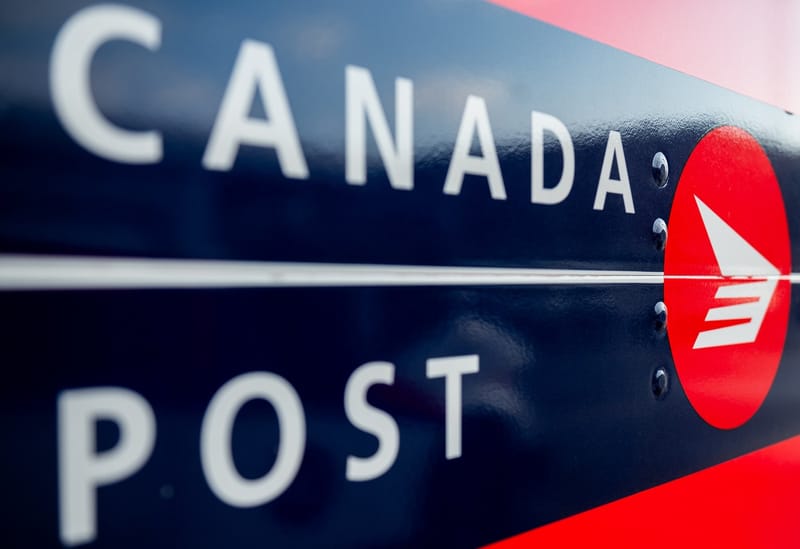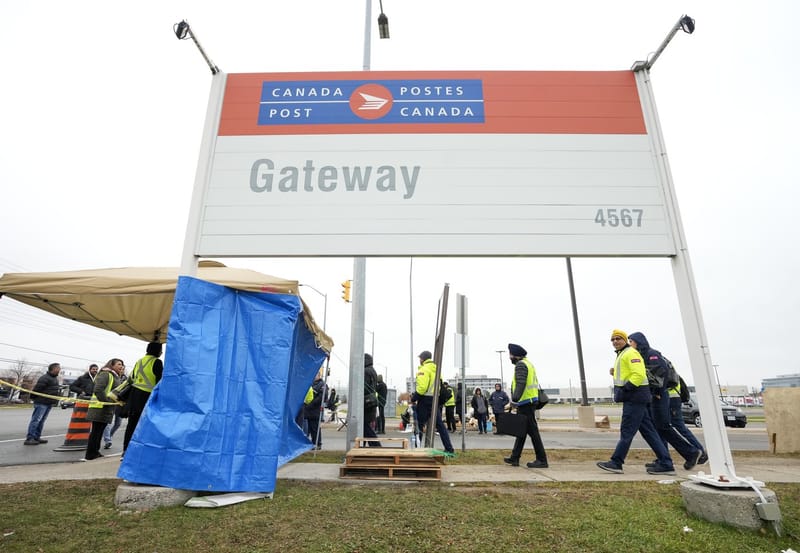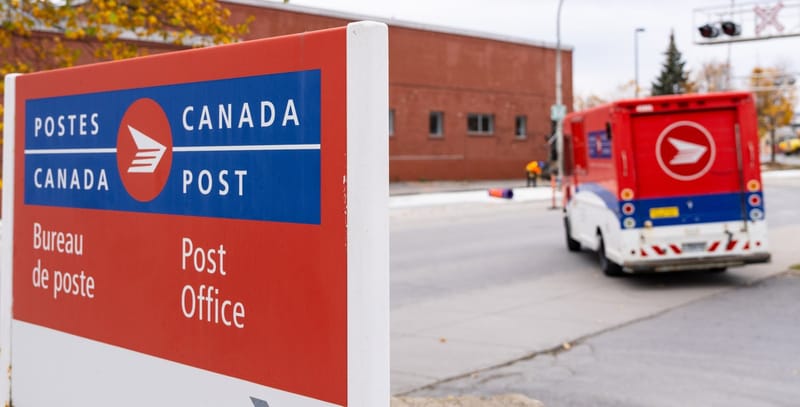According to a CityNews survey, affordability is the #1 worry shared by Canadians in four major cities
This figure is even higher in Vancouver, where 58 percent consider it the primary concern. In Edmonton, the figure stands at 55 percent, while in Calgary, it’s 47 percent.

A recent poll reveals that affordability is the foremost concern for Canadians in four major cities when they reflect on various issues affecting their daily lives.
Conducted by Maru Public Opinion for CityNews, the poll indicates that 50 percent of Torontonians prioritize affordability and cost of living as their top issue.
This figure is even higher in Vancouver, where 58 percent consider it the primary concern. In Edmonton, the figure stands at 55 percent, while in Calgary, it’s 47 percent.
When asked about the affordability of their city, a significant majority disagreed: 82 percent of Vancouver residents, 79 percent of Torontonians, and 70 percent of Calgarians do not believe their cities are affordable. Edmonton residents were more divided, with 46 percent agreeing that their city is affordable.
Over 90 percent of residents in Toronto and Vancouver believe their cities are too expensive to live and work in, with Calgary close behind at 83 percent. In Edmonton, 71 percent feel similarly.
High Grocery Costs Contributing to Living Expenses
Across all four cities, respondents identified groceries as the top expense they are grappling with, followed by mortgage/rent and utilities. Most participants attributed rising grocery prices to grocery chains and food outlets seeking higher profits, followed by government policies.
When it comes to accountability for these grocery price hikes, respondents across the cities primarily blamed the federal government, followed closely by the provincial government.
In Edmonton, 80 percent of respondents indicated that making ends meet has become increasingly difficult, with Vancouver at 77 percent, Toronto at 75 percent, and Calgary at 73 percent.
According to Statistics Canada, grocery prices rose 2.4 percent in August compared to the previous year, a decline from the peak increase of 11.4 percent seen in late 2022 and early 2023. However, grocery prices remain over 20 percent higher than three years ago, and retailers are facing growing pressure to lower their prices.
Views on Federal and Provincial Politics
The CityNews poll also explored opinions on the state of federal and provincial politics. Only 21 percent of respondents in Canada’s four largest metropolitan areas believe that Justin Trudeau and his party merit re-election.
This comes as both the Federal NDP and the Bloc Quebecois indicated they would not support a non-confidence motion anticipated to be introduced by the Conservatives.
In Toronto, Premier Doug Ford remains a contentious figure, with 45 percent of respondents believing he is performing well, while 55 percent disapprove. Nearly one-third rated his performance as “very bad.” When asked about his re-election prospects, 30 percent felt he deserved another term, while 58 percent said it’s “time for a change,” and 12 percent were undecided.
In Alberta, 45 percent of Edmonton residents and 49 percent of Calgary residents believe Danielle Smith is doing a good job. However, 36 percent in Edmonton and 32 percent in Calgary rated her performance as “very bad.” Regarding re-election, 37 percent of Calgarians and 32 percent of Edmontonians feel she deserves it, while 59 percent in Edmonton and 53 percent in Calgary believe it’s time for a change in government.
In Vancouver, where a provincial election is nearing, 42 percent think David Eby of the B.C. NDP deserves re-election, whereas 45 percent believe it’s time for a change.
Further results from the CityNews Maru Public Opinion poll on topics such as crime rates, immigration, and housing will be released soon. The poll was conducted from August 29 to September 6, 2024, among a random selection of 1,801 Canadian adults who are part of the Unlock Surveys online panel. The margin of error for probability samples of this size is estimated at plus or minus 4.4 percentage points, 19 times out of 20.





